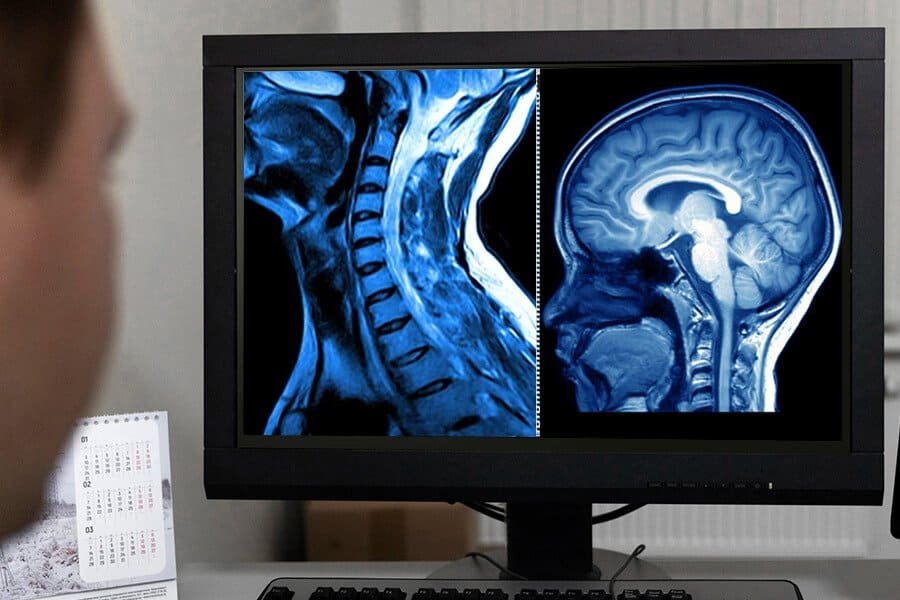
Because symptoms of head and neck cancer may be similar to those of common benign conditions, there may be a delay in diagnosis and treatment. If caught early, many of these cancers are eminently curable. Advanced cancers, on the other hand, may be complicated to treat, with a poorer survival rate.
The ideal therefore would be prevention by avoiding predisposing factors, primarily smoking, and early detection by aggressively investigating warning signs. After a comprehensive head and neck examination, this may require modalities such as endoscopy, nowadays primarily using fiberoptic technology, taking samples for biopsy, X-rays, ultrasounds, and CT, MRI, and PET scans. In order to catch the early tumours, one will have to be prepared to have a significant number of normal test results in the quest to discover an existing cancer.
Once the diagnosis of cancer has been made, treatment will need to be instituted. The primary types of treatment for head and neck cancers are surgery, radiation and chemotherapy. Depending on its site of origin, early stages of cancer may only require a day surgery or a course of radiation for cure. More extensive disease will likely need a multidisciplinary approach involving many different specialists for eradication, reconstruction, rehabilitation, and follow up. An ideal therapeutic team may be difficult to assemble, particularly in small communities with limited resources. Because of this, while early and intermediate cancers can optimally be treated in regular hospitals, many of the more advanced cancers are ideally treated in regional centres. This may present financial and logistical challenges, which may force a compromise.
In summary, the goal for the management of these relatively uncommon but potentially devastating diseases should include avoidance of predisposing factors, aggressive investigation of early warning signs for early diagnosis, and prompt treatment of disease when uncovered. We at Rovier Surgical Suites are ideally equipped to diagnose and tackle all but the most advanced tumours and have a network of contacts that can treat late stage disease to the limits of medical scientific knowledge.


